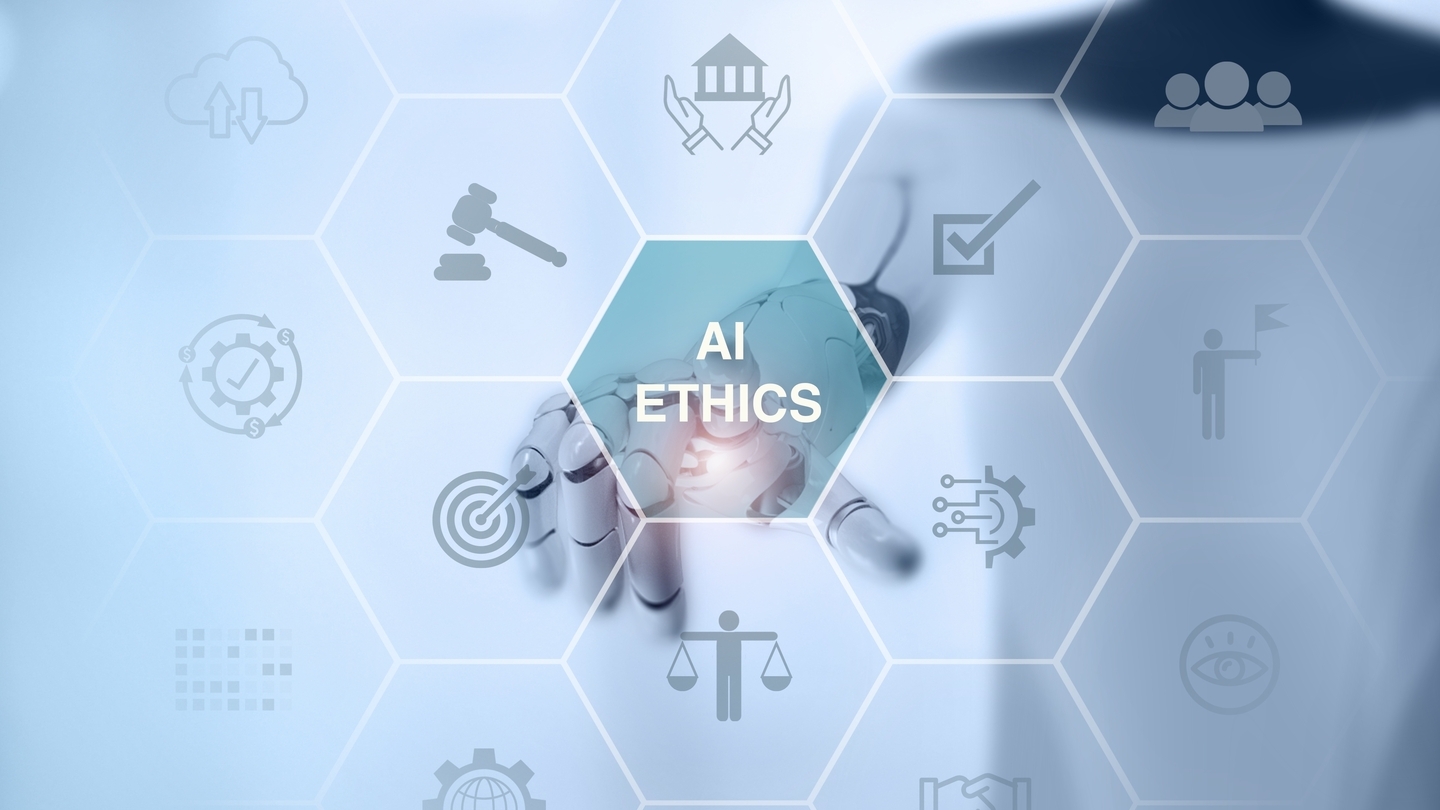AI may grab the headlines at Paris 2024 but OBS aims to democratise access to human stories with an inclusive approach to broadcast, digital and social engagement.
The IOC’s broadcast of the 2024 Olympic Games will be bigger, faster, leaner and more data-fuelled than ever before, no doubt reaching a record-breaking audience online and on TV too. But for all the panoply of tech tools trained on athletes, spectators and vistas in Paris, there is one deceptively simple mission for the Olympic Broadcasting Services (OBS) - to communicate the Olympic spirit.
“Unlike traditional broadcasting, which was one broadcaster talking to mass audiences, now we also have capacity to collect individual reactions,” enthuses Yiannis Exarchos, CEO of OBS. “For me, this opportunity is fascinating because it can lead to a gradual and complete democratisation of storytelling. It can mean the virtual participation of every single person in this common human narrative. That is the Olympic Games.”
Exarchos’ Olympic journey began assisting the Athens bidding committee in 1997. He helped set up the host broadcasting operation for the Athens 2004 Games and subsequently the IOC’s own host operation, OBS, which it took in-house to better manage the sheer scale and complexity of the job.
Exarchos has long wrestled with what it would mean to the viewer experience - and the fate of...
You are not signed in.
Only registered users can view this article.

Finding our ethical true north on AI: Part II
Part two of our insight into AI ethics and regulation continues with observations on industry efforts around standards and best practices, and why human impact should be the guiding force. James McKeown reports.
/Source - shutterstock_2464837145 (1).jpg)
Digital Catapult: AI innovations to supercharge the creative industries
Accelerated VFX workflows, video game characters you can converse with, and auto-generated visual experiences from sound for XR headsets are just some of the AI innovations devised by start-ups as part of a recent Digital Catapult programme. Adrian Pennington reports.
.jpg)
Neural Radiance Fields – A new approach to 3D modelling
From the chemical, mechanical and electrical process of creating a film, to the rise of virtual production, visual storytelling has always turned to cutting-edge technologies. Now Neural Radiance Fields (NeRF) could replace the traditional technological foundations that broadcasting and film are built upon. IBC365 speaks to leading researcher, Professor Ravi Ramamoorthi.
.jpg)
Future predictions – Part II: Leaders and analysts
The coming year hints at big changes in focus and innovations for the media and entertainment world. With giant leaps in AI advancements, streamlining production and the road ahead for ad-tech, how can vendors meet the demands of the hungry yet cost-conscious consumer, whilst staying ahead of the game? John Maxwell Hobbs gathers more expert insight from leaders and analysts in the second part of our future predictions series.

Future predictions – Part I: Broadcasters and suppliers
As we wrap up 2024, it’s time to consider what lies ahead for the media industry in 2025. John Maxwell Hobbs probed industry executives to share their crystal ball predictions on themes spanning the impact of AI, the transition from hardware to software-based solutions, data security and ways of reaching new audiences.





